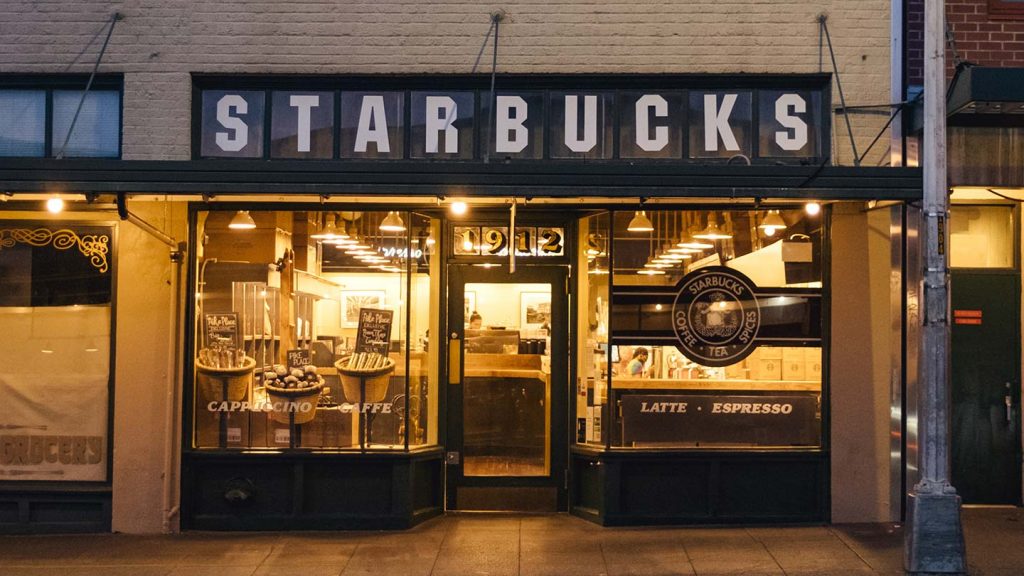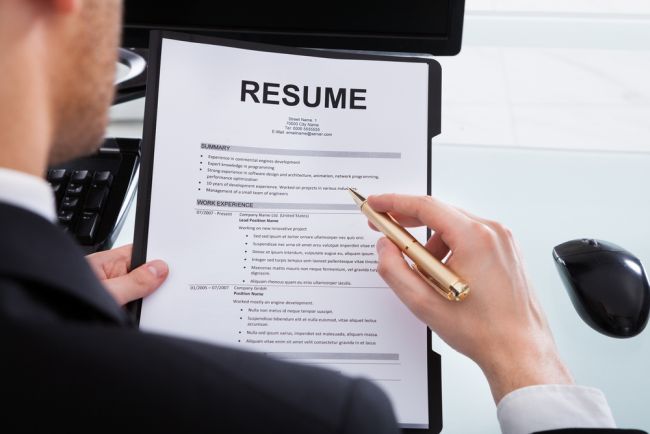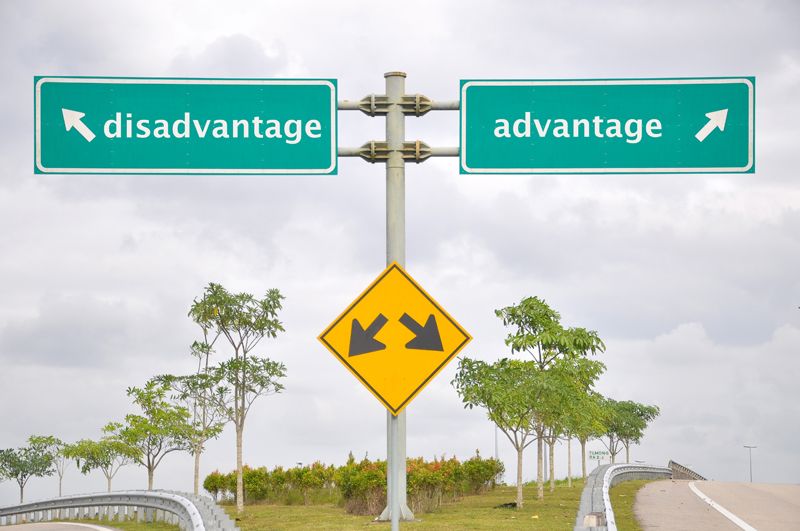
In a groundbreaking decision, Administrative Law Judge Mara-Louise Anzalone declared that Starbucks Corp. had violated federal labor laws by selectively improving wages and benefits solely for workers in non-unionized stores across the United States. This landmark ruling comes as Starbucks faces mounting pressure from a unionization movement that gained momentum two years ago.
The Unlawful Move
Starbucks breached the National Labor Relations Act in August 2022 when it increased hourly wages to a minimum of $15 and introduced benefits like credit card tipping, enhanced training programs, and accelerated sick time accrual—but exclusively for non-unionized stores. This decision, which favored certain workers while excluding others based on their union affiliation, was announced by Starbucks CEO Howard Schultz six months after workers initiated efforts to organize with Starbucks Workers United.
Judge Anzalone’s ruling resonated with the sentiment that the company’s executive leadership orchestrated a corporate-wide strategy to sway employees against unionization by tying their compensation and benefits to their willingness to forgo organizing—a direct violation of the core principles of the National Labor Relations Act.
Repercussions for Starbucks
As a result of the ruling, Starbucks is obligated to compensate the numerous unionized workers who were unjustly denied wage increases and benefits. This is the most comprehensive ruling against Starbucks thus far, encompassing the entire nation rather than specific stores.
This 45-page judgment is the latest in a series of over a dozen unfavorable decisions for Starbucks. However, it stands out as the first to hold the company accountable for violating the law nationwide rather than on a store-by-store basis.
Don’t miss out on exciting legal job openings – sign up for LawCrossing today.
Unionization Efforts Gain Traction
The Starbucks unionization movement has gained significant momentum, resulting in nearly 350 organized cafes across 37 states. The National Labor Relations Board (NLRB) has lodged almost 100 complaints against Starbucks for its response to these efforts, with at least 75 of these complaints still pending before the agency’s Administrative Law Judges.
Starbucks’ Defense
Throughout this legal battle, Starbucks has consistently denied any legal wrongdoing in public statements and when communicating with labor board officials. The company argued before Judge Anzalone that extending the pay raises to unionized baristas would have been illegal due to federal laws prohibiting unilateral changes to the job conditions of union workers. However, Judge Anzalone dismissed this argument, deeming it made in bad faith and based on a misinterpretation of fundamental labor law concepts.
Consequences of Discrimination
In her ruling, Judge Anzalone affirmed that Starbucks had unlawfully discriminated against thousands of unionized workers by withholding the improved benefits. She noted that this discriminatory action had also discouraged others from joining the organizing effort.
Judicial Orders
While the judge declined to mandate managerial training on the National Labor Relations Act and extend the certification year for unionized stores, as requested by NLRB attorneys, she did order Starbucks CEO Laxman Narasimhan to read a notice of employee rights to all U.S. workers and prominently display this notice in every Starbucks store.
Response From Starbucks
“We have consistently honored established organizing and collective bargaining rules and we plan to file exceptions to the ALJ’s recommendation. The ALJ’s recommendation that Starbucks should, or could, have disregarded these rules creates an untenable situation — which has already been rejected by federal courts — where employers violate the law if they unilaterally include organizing or unionized employees when making changes in wages and benefits, and violate the law if they do not do so.“
Don’t be a silent ninja! Let us know your thoughts in the comment section below.












































